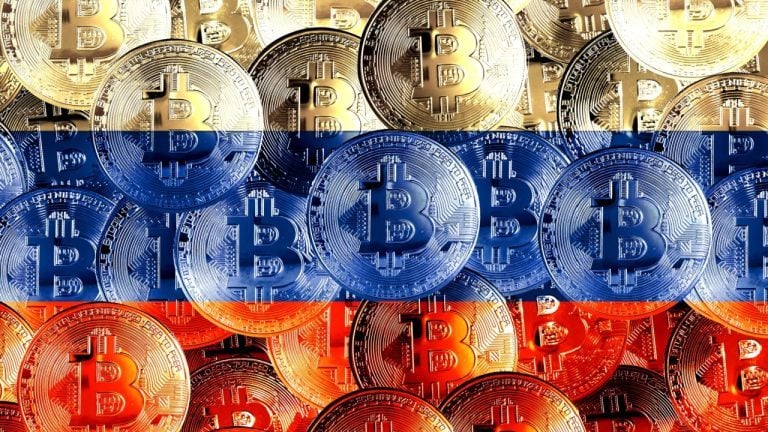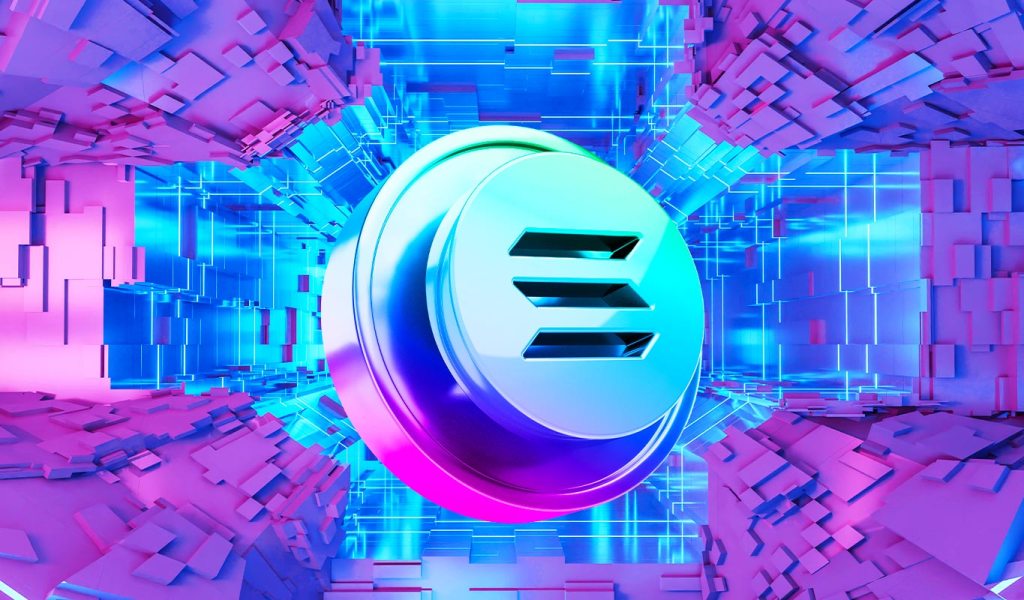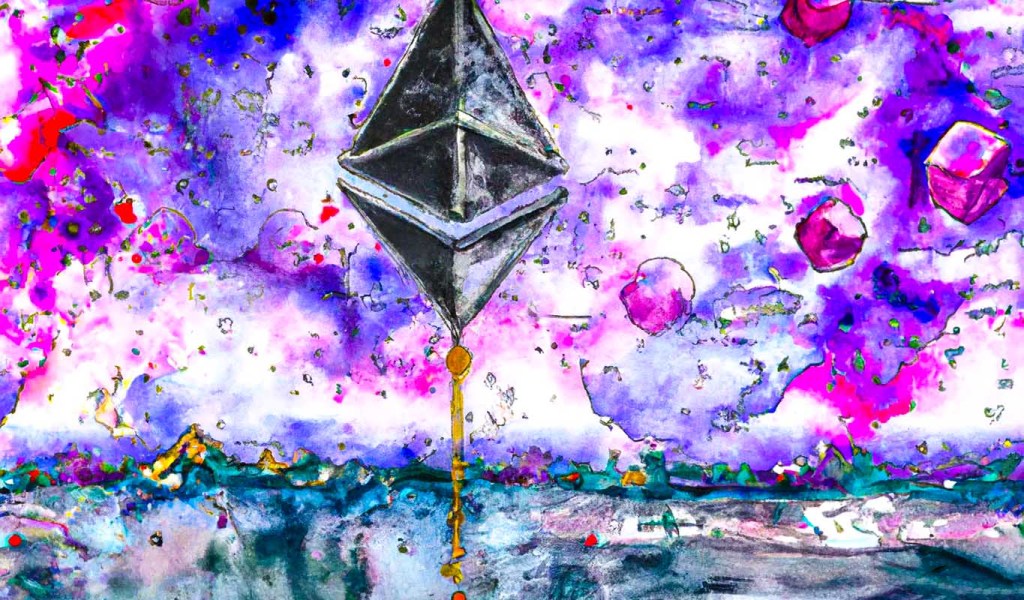
Visa says it was one of the first firms in the world to pioneer AI in payments, deploying AI-based technology for risk and fraud management in 1993.
Global payment giant Visa is raising its bet on artificial intelligence (AI) in commerce and settlements by setting up a new fund to invest in generative AI ventures.
Visa on Oct. 2 announced a new $100 million generative AI initiative to invest in companies focused on developing generative AI technologies and applications related to commerce and payments.
The investment will be curated by Visa’s global corporate investment arm, Visa Ventures, which has been working on supporting innovation in payments and commerce since 2007.
Generative AI is a type of AI technology that can produce various types of content, including text, imagery, audio and synthetic data. Major AI chatbots like OpenAI’s ChatGPT and Google’s Bard show the capabilities of generative AI to comprehend and produce human-like writing.
According to Visa’s chief product and strategy officer Jack Forestell, generative AI has a promising future in the financial world. He said:
“While much of generative AI so far has been focused on tasks and content creation, this technology will soon not only reshape how we live and work, but it will also meaningfully change commerce in ways we need to understand.”
Visa’s latest move into generative AI comes on the heels of significant efforts to apply AI technology in the company’s ecosystem.
Visa says it was one of the first firms in the world to pioneer AI use in payments back in 1993, deploying AI-based technology for risk and fraud management. In 2022, Visa’s real-time payment fraud monitoring solution, Visa Advanced Authorization, reportedly helped prevent an estimated $27 billion in fraud.
Related: Digital yuan app adds prepaid Mastercard, Visa top-ups for tourists
In 2021, Visa also introduced VisaNet +AI, a suite of AI-based services focused on fixing delays and confusion with managing account balances and other issues of daily settlement for financial institutions.
Some of the tools in the VisaNet +AI suite include Smarter Stand-In Processing, which aims to improve payment experiences during outages by mirroring issuer approval decisions. Other such products include Smarter Posting, which helps enable faster consumer payment experiences and reduce confusion from posting delays.
Besides actively investing in AI, Visa has also been bullish on using cryptocurrency technology in payments. In April 2021, Visa shared plans for a new crypto product that is designed to drive mainstream adoption of public blockchain networks and stablecoin payments.
Collect this article as an NFT to preserve this moment in history and show your support for independent journalism in the crypto space.
Magazine: ‘AI has killed the industry’ — EasyTranslate boss on adapting to change












